-
A Mediterranean diet and stress reduction during pregnancy improve child neurodevelopment
Interventions based on a Mediterranean diet or mindfulness-based stress reduction during pregnancy improve child neurodevelopment during the first few years of life. This is shown in an analysis of the IMPACT-BCN clinical trial published in the journal JAMA Network Open.
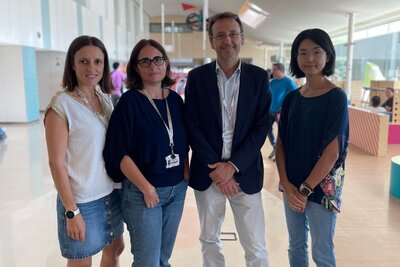
-
Fetuses experiencing restricted fetal growth exhibit less development in crucial brain structures
A study conducted by the Institut de Recerca Sant Joan de Déu - SJD Barcelona Children's Hospital reveals that small fetuses diagnosed with late-onset growth restriction show a decrease in the length of specific brain structures compared to fetuses with appropriate size for their gestational age. The findings have been published in the scientific journal Ultrasound in obstetrics & gynecology.

-
A study has revealed an association between mental disorders and premature mortality in the Catalan population
A research team from the Parc Sanitari Sant Joan de Déu · Institut de Recerca Sant Joan de Déu analyses the link between experiencing a mental disorder and the risk of premature death in the Catalan population.

-
New insights into COVID-19 protection in children have revealed the presence of sACE2 in the saliva
The presence of the soluble angiotensin-converting enzyme 2 (sACE2) in saliva could have implications for COVID-19 infection, prevention and control, according to researchers from the Institut de Recerca Sant Joan de Déu and the University of Catalunya. This study has been published in Scientific Reports.

-
Mutation in DOCK11 gene explains rare disorder in immune system regulation
Researchers from the Institut de Recerca Sant Joan de Déu - SJD Barcelona Children's Hospital participate in an international study, published in the prestigious scientific journal New England Journal of Medicine, which describes for the first time a new disease of the immune system caused by a mutation of the DOCK11 gene.
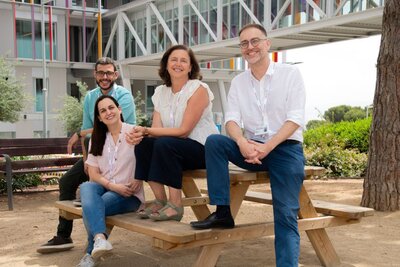
-
Metformin, key drug in the battle against type 2 Diabetes, reveals its secrets in a new study
Dr. Manuel Vázquez-Carrera, Institut de Recerca Sant Joan de Déu (IRSJD) and professor from the Faculty of Pharmacy and Food Sciences of the University of Barcelona, leads this new study on metformin, one of the most prescribed drugs for treating type 2 diabetes mellitus.
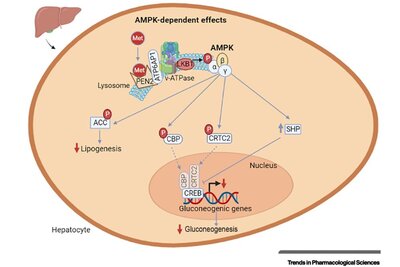
-
Longer breastfeeding duration leads to larger gray matter volume at age 10 years
The Institut de Recerca Sant Joan de Déu (IRSJD) and the Institut d'Investigació Biomèdica Sant Pau (IIB Sant Pau) have led the largest-ever study with brain images of children between 9 and 11 years old, relating the duration of breastfeeding to a larger volume of cortical gray matter in this age bracket. The study has been published in the Journal of Child Psychology and Psychiatry.
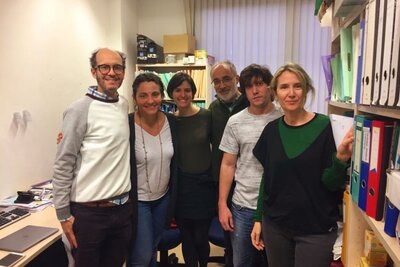
-
New research facilities for studying children's cancer
New facilities have been opened for the children's oncology laboratory of the Institut de Recerca Sant Joan de Déu - SJD Barcelona Children's Hospital to celebrate 20 years of research. These laboratories are unique in their exclusive dedication to pediatric tumors and have over 50 researchers who focus on the study of more than ten developmental tumors.
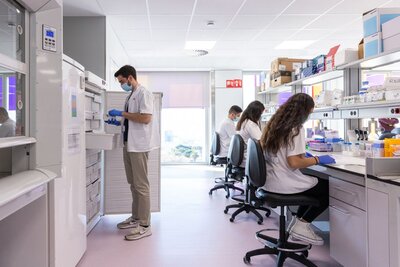
-
The IRSJD joins the XarSMART network to promote the transfer of medical technology in Catalonia.
The Institut de Recerca Sant Joan de Déu (IRSJD) participates in XarSMART, a project that aims to promote the generation of medical technologies and new companies in Catalonia in the field of life sciences and health.

